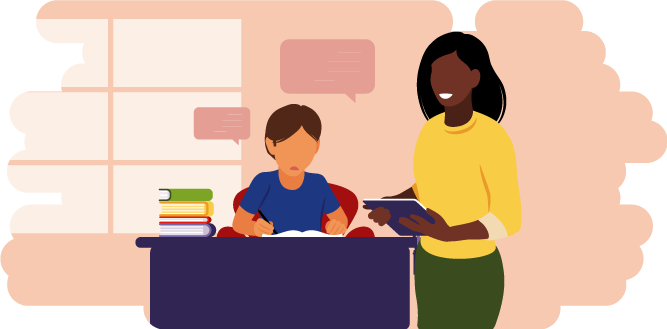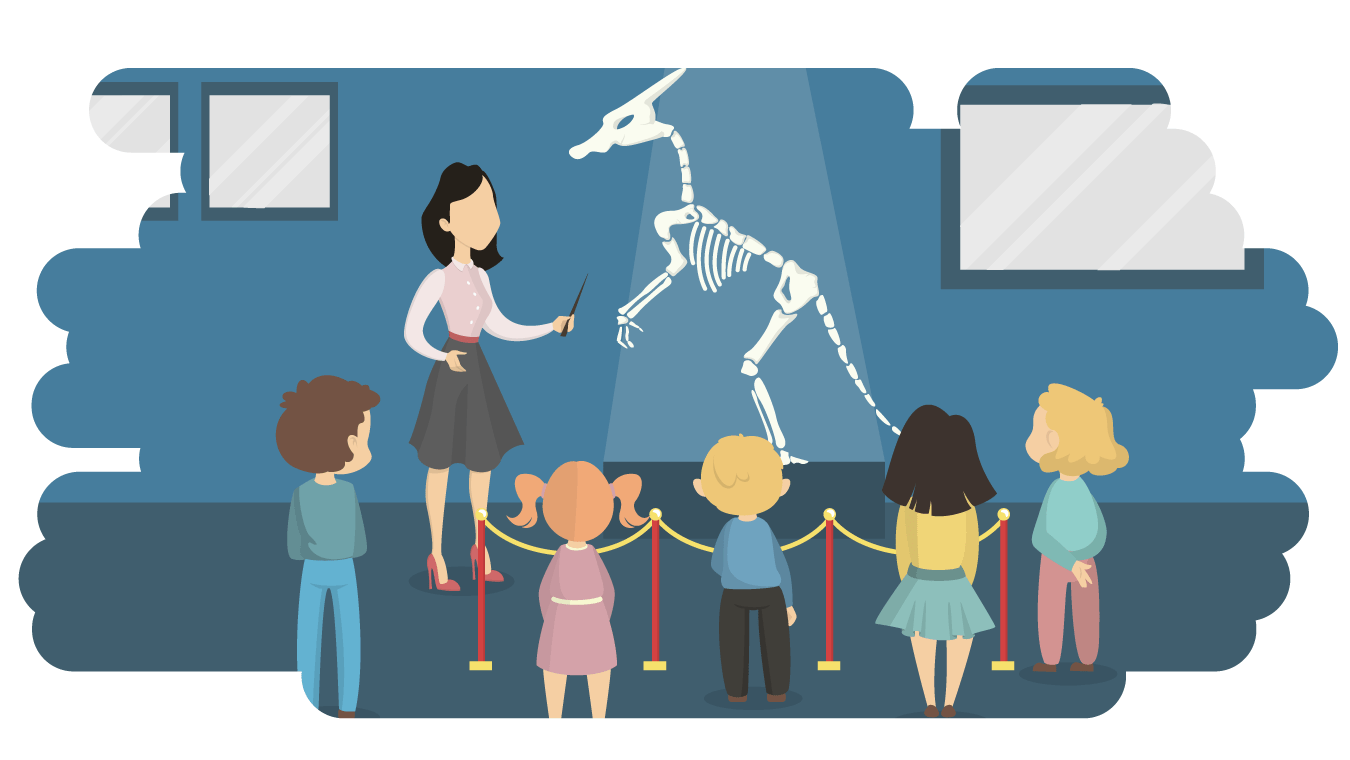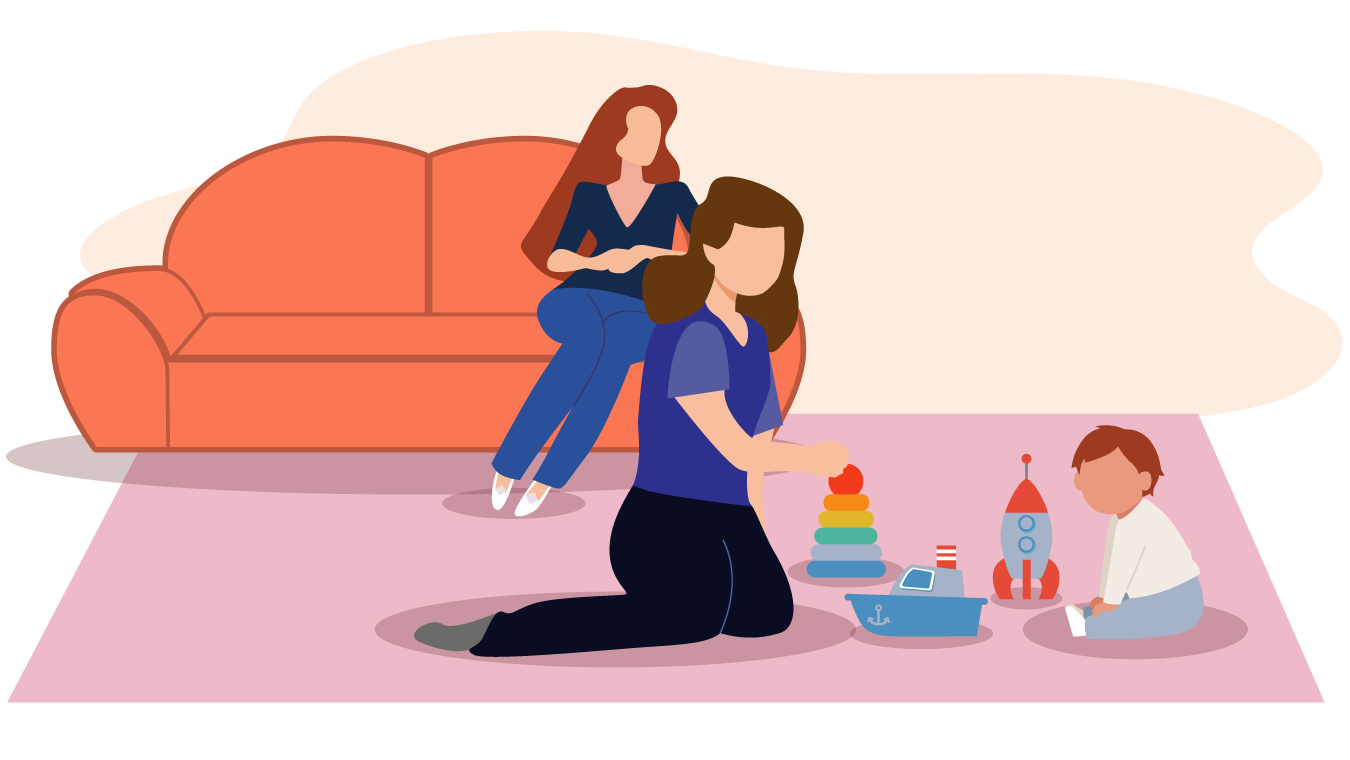Conditions, Assessments and Diagnosis

Overview
You can find information about various conditions on this page. You can also use this websites search function to search for information.
Most of the information on this site covers support for all types of Special Educational Needs and Disabilities (SEND). For example, the SEND Support at School information covers all types of SEND.
Equally, some services we highlight may support a specific SEND condition without directly naming it. Due to this, we would always recommend you contacting a service if you are unsure if it is suitable for you or your child.
For example, a service may say they support children with a learning disability. By contacting them, they may be able to clarify if that also includes support for children with:
- Down Syndrome,
- Dyspraxia,
- Dyscalculia, or
- Autism, for example.
Our directory, on 1Space, includes hundreds of services. Services range from support and information, to practical help, and much more:
To learn more about SEND services offered by Education East Sussex, please visit our 1Space category:
While we aim to provide as much information as possible, this site may not cover all conditions in thorough detail. However, the NHS website has a web page that lists all conditions:
Attention Deficit Hyperactivity Disorder (ADHD)
Visit our page on Attention Deficit Hyperactivity Disorder (ADHD).
Autism
Down Syndrome
Down syndrome is a genetic condition. It it caused when a person is born with an extra chromosome.
The extra chromosome changes how a babies brain and body develop as they are growing up. This can cause physical and mental challenges. For example, people with Down syndrome often have developmental challenges. This can include not learning how to speak as quick as other children.
Some people with Down syndrome may have other medical problems as well. If you have any concerns, you should talk to your child's General Practitioner (GP).
People with Down syndrome can still lead healthy lives with supportive care.
Down syndrome is sometimes called Trisomy 21.
The NHS site provides more information about Down syndrome:
There are several local services that support Down syndrome. We recommend you visit their websites' for more information:
- Eastbourne Down Syndrome Support Group | T21 Friends
- Seaford Down's Syndrome and Special Needs Support Group
- DownsyndromeOK | DsokDsok
- The Down Syndrome Development Trust (DSDT)
You can also visit our Education East Sussex SEND Services page. This page highlights SEND services that East Sussex County Council offer:
Down’s Syndrome Association (DSA) is a national charity. They support people who have Down syndrome, and their parents and carers, throughout their lives. From before birth into older age, the DSA provides services to everyone:
Please note, most of the information on this site covers support for all types of SEND, including Down syndrome. For example, the SEND Support at School information covers all types of SEND.
Equally, some services we highlight may support a specific SEND condition without directly naming it. Due to this, we would always recommend you contacting a service if you are unsure if it is suitable for you or your child.

Dyslexia and Support for Literacy
Visit our page on Dyslexia and Support for Literacy.
Fetal Alcohol Spectrum Disorder (FASD)
Alcohol exposure to the baby during pregnancy can cause Fetal Alcohol Spectrum Disorders (FASD). This is sometimes known as prenatal alcohol exposure. FASD includes:
- Physical,
- Behavioural, and
- Cognitive impairments.
These impairments can appear at any time during childhood and last a lifetime.
The NHS and National FASD websites outline more information:
The National Institute for Health and Care Excellence (NICE) have set out formal guidelines for the FASD diagnosis. You can learn more by visiting the NICE website:
Amaze are a local charity who have provided information on their website:
Medical Conditions
Medical conditions include issues with:
- Bladder and Bowel
- Diabetes
- Immunisations
- Sleeping
- Tracheostomies
To find out more:
Mental Health and Emotional Wellbeing
Visit our page on Mental Health and Emotional Wellbeing.
Neurodiversity
Neurodiversity means that brain differences, such as ADHD or dyslexia, can be viewed as natural variations of the human brain.
Everyone has some variation in how good they are at different types of tasks and thinking. For most people, the differences tend to be quite small. For example, you might be a bit better at maths but a bit poorer at understanding social cues compared to others. Each person has a unique balance of these different thinking skills.
We know from brain-imaging studies that some children and young people have much more variation in their thinking skills. These variations appear in how the brain is “wired”.
Neurodiverse people will usually have some significant differences between their strengths and weaknesses in particular areas. This is sometimes referred to as having a ‘spikey profile’. This means that rather than having a rounded set of skills, they can be very good at some skills and fall behind people their age in others.
It can help the child or young person if people look at their learning and thinking diversity as differences, rather than deficits. This can lead to a positive, strength-based approach. This helps to raise self-esteem, motivation and resilience. Neurodiversity is an important part of human variation. It is something to celebrate rather than something we 'cure'.
It is important, however, to understand that some children and young people’s neurodiversity can have a significant impact on them. In these cases, they must have higher levels of professional assessment and support.
To find out more, you can visit a website called 'Understood'. It provides more detail on neurodiversity:
We also recommend watching this YouTube video on neurodiversity called Amazing Things Happen:
Physical Difficulties and Mobility
Visit our page on Physical Difficulties and Mobility.
Physical Health and Practical Support
Physical health and practical support topics covered on this site include:
- Physical fitness and body health
- Healthy eating, diet and food
- Dentists / dentistry
- Learning disability register
- Annual health checks
- Sexual health, sexuality and relationships
- Online safety
To find out more, visit our page on Physical Health and Practical Support.
Vision and Multisensory (Blind and Deaf) Impairment and Deafness
Visit our page on Vision and Multisensory (Blind and Deaf) Impairment and Deafness.

Glossary of East Sussex SEND Terms
We explain some of the terms used on this website on our page, Glossary of East Sussex SEND Terms.